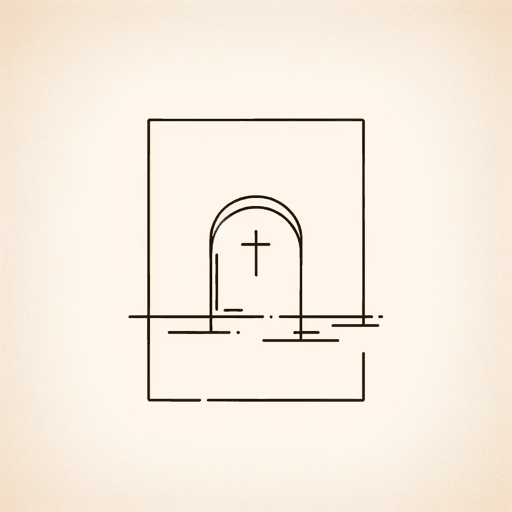41 pages • 1 hour read
Drew Gilpin FaustThis Republic of Suffering: Death and the American Civil War
Nonfiction | Book | Adult | Published in 2008A modern alternative to SparkNotes and CliffsNotes, SuperSummary offers high-quality Study Guides with detailed chapter summaries and analysis of major themes, characters, and more.
Important Quotes
“The American Civil War produced carnage that has often been thought reserved for the combination of technological proficiency and inhumanity characteristic of a later time.”
(Preface, Location 108-09, Page n/a)
This is one of the author’s themes throughout the book: that the technological advances available to the armies fighting the Civil War had outstripped the people’s ability to cope with the results. The people were ready for the ideals and relatively genteel behaviors and consequences from the last few wars, even though the weapons used in the Civil War were far beyond the people’s ability to cope with or comprehend just how much brutality was possible. This leads to the author’s broader theme about the ill-preparedness of America for the Civil War.
“How one died thus epitomized a life already led and predicted the quality of life everlasting.”
(Chapter 1, Location 291-92, Page n/a)
This quotes focuses on the Christian ideal of leading a good life in order to ensure a good afterlife. Faust cites some people whose beliefs echoed this idea: that what happened to them after they died was an immediate continuation of how they were living in the period leading up to when they died. The Civil War greatly complicated this notion of the so-called Good Death, given that most of the deaths on the battlefield were fast and horrific.
“Civil War battlefields and hospitals could have provided the material for an exemplary text on how not to die.”
(Chapter 1, Location 294-95, Page n/a)
Battlefields were highly unsanitary places, and contemporary society’s understanding of what caused disease and infection did not exist in the era of the Civil War. Further, armies often left injured troops behind, and their injuries grew worse in the interim between being hurt and getting to a hospital.


